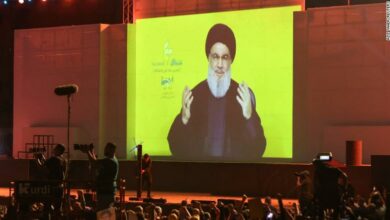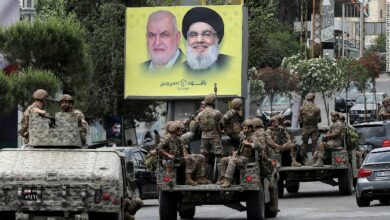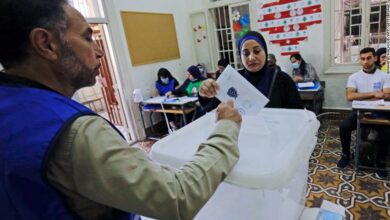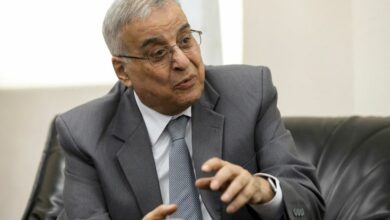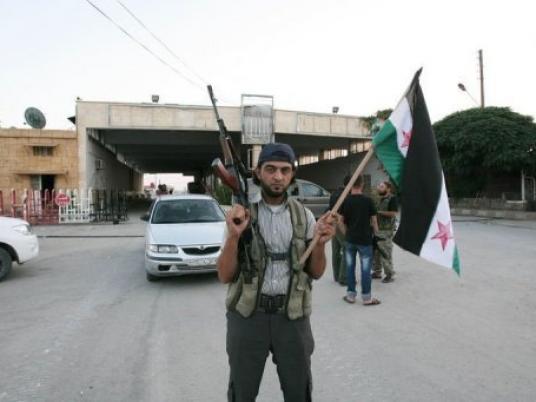
Lebanon's Hezbollah and the Syrian army made big advances against insurgents in mountains north of Damascus on Wednesday, Hezbollah and Syrian state media said, shoring up President Bashar al-Assad's grip on a crucial border zone.
The gains in the Qalamoun region against groups including the al Qaeda-linked Nusra Front come at a time when Assad has suffered significant defeats elsewhere, notably in Syria's northwest near the Turkish border.
Hezbollah, an Iranian-backed Shi'ite group with a powerful militia, has been a vital ally for Assad in the four-year-long conflict that has become a focal point for the struggle between Tehran and Sunni Saudi Arabia that has backed the insurgency.
Hezbollah fighters and the army seized Talat Moussa, the highest peak in the area targeted in the offensive. Sources briefed on the situation said that had effectively secured control of the entire area some 50 km (30 miles) from Damascus.
Syrian state TV credited the advance to the army and "the Lebanese resistance", an unusual public acknowledgement of Hezbollah's role in the battle for an area used by the insurgents to ferry supplies between Syria and Lebanon.
Hezbollah has unleashed heavy firepower in the offensive, including concentrated rocket bombardments. The Syrian Observatory for Human Rights, a UK-based group that tracks the conflict, says this forced many insurgents to withdraw.
The offensive had been expected for some time but was awaiting the end of winter and aimed to crush one of the risks facing Assad, who has lost much of the north and east in the war estimated by the United Nations to have killed 220,000 people.
Since March, Assad has lost wide areas of Idlib province in the northwest at the border with Turkey, another supporter of the insurgency against him. He also lost the Nasib crossing with Jordan to rebels.
Islamic State, the single most powerful insurgent group in Syria, has also been launching attacks on both government-held and rebel-controlled areas in central Syria, as it steps up efforts to expand beyond its strongholds.
Its fighters killed about 30 government troops in an attack on Syrian army-held areas in Homs province overnight, the Observatory reported. At least 20 Islamic State fighters were also killed in and around the town of al-Sukhna, some 300 km northeast of Damascus.
Syrian troops repelled the attack in places and were still fighting in others, a military source said.
General Martin Dempsey, the top U.S. military officer, said last week he believed Assad's "momentum has been slowed" and that if he were in Assad's position he "would find the opportunity to look to the negotiating table".
But expectations are low for a new effort towards peace diplomacy launched by the U.N. Syria envoy, Staffan de Mistura.
Assad has received massive support from both Russia and Iran. Alaeddin Boroujerdi, head of Iran's national security and foreign policy committee, said at a meeting with Assad on Wednesday that Iran would keep that up, Syrian state media reported.
"(Iran) will not spare any effort to help the Syrians and to strengthen their steadfastness until the achievement of victory over the terrorists," the state news agency SANA quoted him as saying in the meeting.

